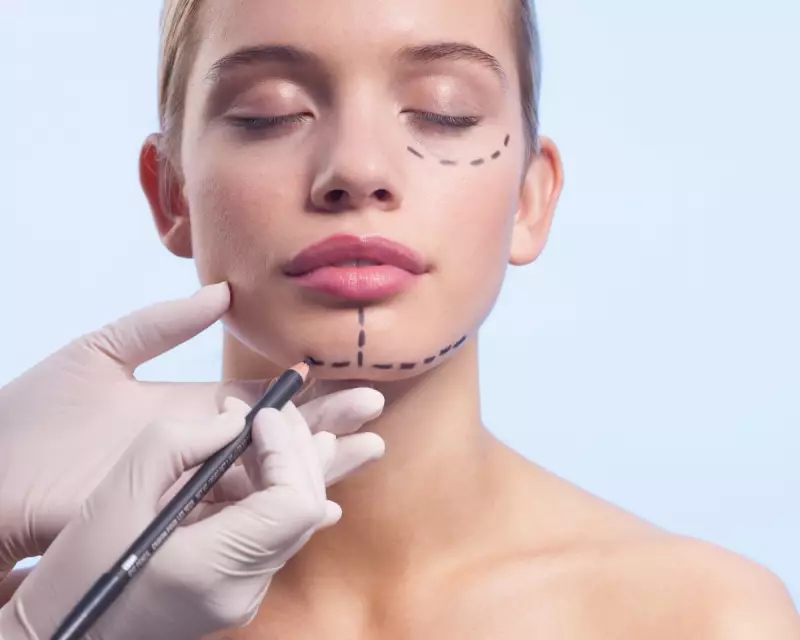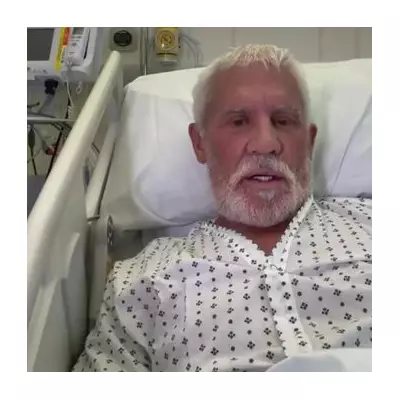
The booming cosmetic procedure industry faces mounting scrutiny as concerns grow over patient safety and inadequate oversight. While rogue operators dominate headlines, experts argue systemic failures in regulation pose an even greater threat to consumers.
The Wild West of Aesthetics
Walk down any British high street today and you'll likely pass multiple clinics offering Botox, fillers, and other non-surgical treatments. What you won't see are consistent safety standards governing who can administer these increasingly popular procedures.
"We've created a perfect storm," explains Dr. Sarah Henderson, a plastic surgery consultant. "Skyrocketing demand meets minimal regulation, with profit margins often prioritised over patient welfare."
Beyond the 'Bad Apples' Narrative
While media attention focuses on cowboy operators, the reality is more complex:
- Qualification loopholes: Currently, a beautician with two days' training can legally inject fillers, while a doctor requires seven years of medical education
- Advertising pitfalls: Social media promotions frequently downplay risks while exaggerating results
- Follow-up failures: Many clinics provide little to no aftercare for procedures that can cause serious complications
A System in Need of Surgery
The government has proposed new legislation, but critics argue it doesn't go far enough. Key recommendations from medical bodies include:
- Mandatory licensing for all practitioners
- Standardised training requirements
- Stricter advertising guidelines
- Proper consent procedures including cooling-off periods
As the industry continues its rapid expansion, the question remains: will policymakers act before more patients suffer preventable harm?





